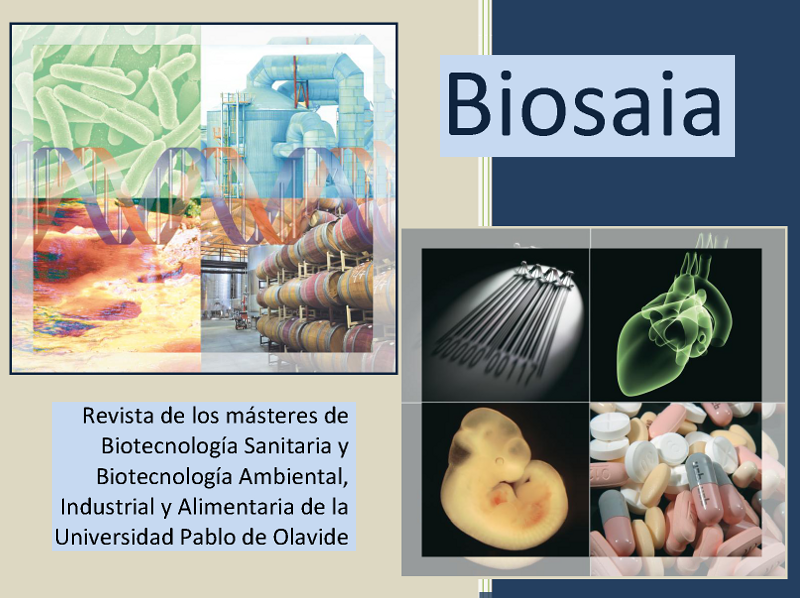Hemp peptides (Cannabis sativa L.) modulate the neuro-inflammatory process via inflamasome
Palabras clave:
Hemp; Cannabis sativa; protein hydrolysate; microglia; neuroinflammationResumen
Plant proteins have generated great interest in recent years because they are a potential source of peptides with biological activity. In this sense, extensive protein hydrolysates with high degree of hydrolysis obtained by enzymatic hydrolysis are used in specialized feeding to prevent or treat chronic diseases. In this study, different hemp protein hydrolysates were used to test their neuroprotective effects on BV-2 microglial cells.
Motivation: The current trend on organic farming and sustainability has increased interest in the cultivation of industrial hemp (Cannabis sativa L.) in recent years for its multiple applications in a wide range of sectors. The cultivation of industrial hemp, a fast-growing plant with low tetrahydrocannabinol (THC) < 0.2%, is considered sustainable because it does not require herbicide fertilizers or pesticides. Its seeds have a high nutritional value due to their richness in fatty acids, proteins, essential amino acids, carbohydrates, vitamins and minerals, as well as functional, due to their content in antioxidant, anti-inflammatory and neuroprotective bioactive compounds. Recent data link NLRP3 inflammation, a macromolecular complex, IL-1β , and IL-18, in the development and evolution of neurodegenerative diseases.
Methods: From hemp seeds, a protein isolate was obtained and subsequently hydrolyzed with the enzymes Alcalase and Flavourzyme. Two hemp protein hydrolysates (HP20A, HP60A+15AF) were characterized and used in BV2 microglial cells previously stimulated with lipopolysacchaid (LPS), in order to evaluate their anti-inflammatory activity.
Results: Both protein hydrolysates HP20A and HP60A+15AF showed a potential neuroprotective effect via inflamasome by suppressing the gene expression of IL-18 and IL-1β pro-inflammatory cytokines.
Descargas
Citas
Mamone, G. et al. (2019) Production, digestibility and allergenicity of hemp (Cannabis sativa L.) protein isolates, Food Research International, Vol. 115, pp. 562-57
Rodriguez-Martin, N.M., et al. (2020) Hemp (Cannabis sativa L.) Protein Hydrolysates Promote Anti-Inflammatory Response in Primary Human Monocytes. Biomolecules. May 22;10(5):803.
Farinon, B. et al. (2020) The seed of Industrial Hemp (Cannabis sativa L.): Nutritional Quiality and Potential Functionality for human health and nutrition. Nutrients 12 (7), 1935.
Triantafilou, K. (2021) Enigmatic inflammasomes. Immunology. Mar; 162(3):249-251.
Descargas
Publicado
Cómo citar
Número
Sección
Licencia
Derechos de autor 2021 Biosaia: Revista de los másteres de Biotecnología Sanitaria y Biotecnología Ambiental, Industrial y Alimentaria

Esta obra está bajo una licencia internacional Creative Commons Atribución-NoComercial-CompartirIgual 4.0.





